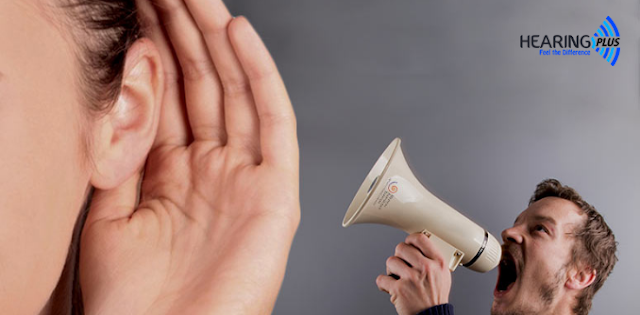Introduction
Hearing loss in one ear is called unilateral hearing loss or single-sided deafness, depending on the seriousness of the hearing loss. The degree of hearing loss can vary widely. Still, permanent unilateral hearing loss exists when a person has mild, moderate, or severe hearing loss in one ear across all frequencies and normal hearing in the other ear across all frequencies. People can be born with unilateral hearing problems or develop it later as a child or adult, says a well-known hearing aid specialist in Kolkata.
How hearing loss in one ear affects hearing
There's a reason we have two ears - the brain uses both ears to locate sound source and improve hearing quality and range. This is called binaural hearing. Losing hearing in one ear presents a special challenge depending on the severity of your hearing loss:
You cannot always pinpoint where a sound is coming from:
Your brain knows where a sound is coming from by determining which ear receives the sound first, which is called sound localization or directional hearing. If a person can only hear well in one ear, they may have trouble figuring out where the sound is coming from, says the best quality ear machine specialist.
You can have a problem hearing in noisy environments:
Your brain is responsible for selective hearing, which means filtering out sounds that are not useful. This is more difficult to do without the help of a second ear. A person with single-sided deafness may have difficulty focusing on a single person's voice in a noisy environment.
You can find it harder to tell how loud a sound is:
The brain "hears" a sound louder when it is perceived through both ears than when the same sound at the same decibel is perceived through only one ear. It is because the brain receives signals from the nerves in both ears and uses this information to process sounds.
Causes of hearing loss in one ear
There are a number of possible causes for hearing loss in only one ear, including:
- Meniere's disease
- Acoustic neuroma
- Viral or bacterial infection
- Physical damage to the ear
- Head trauma
- Circulation problems
- Genetic or inherited disorders
According to the ear machine specialist, sometimes a cause cannot be identified or is due to a combination of factors.










0 Comments